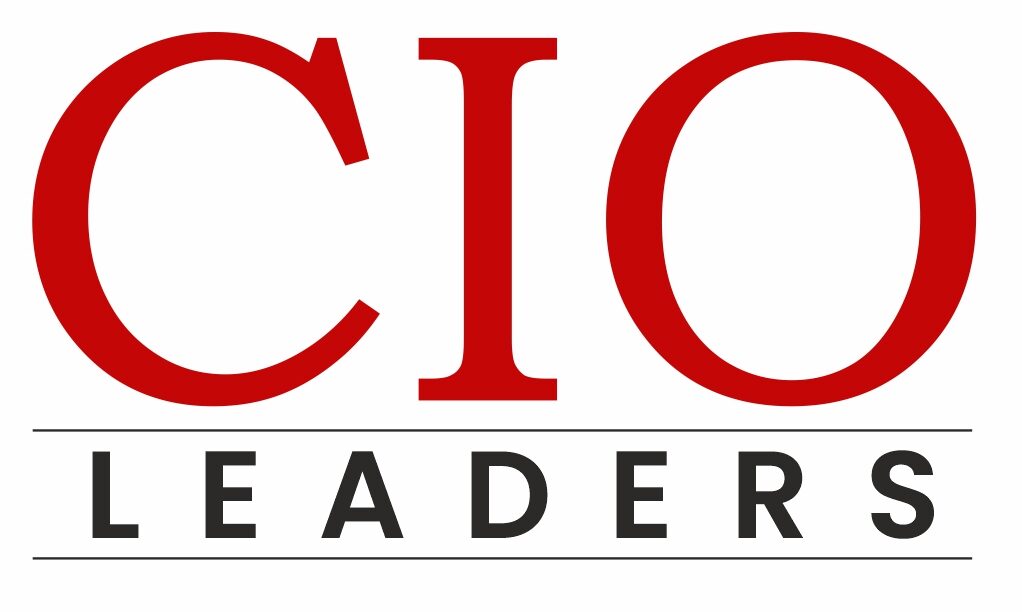The Middle East is becoming a highly desirable destination for entrepreneurs and investors. Its young demographics, geostrategic position, and growing infrastructure offer a haven for investment for domestic and foreign business ventures. Establishing a business in the Middle East, however, requires that one adapt to the economic, cultural, and legal environments that govern business activities. All countries in the region have regulatory frameworks, and success will be a function of the capacity to negotiate these appropriately and flexibly. Businessmen attempting to enter Middle Eastern markets need to do so with a strategy and realistic understanding of conditions on the ground. There is tremendous market potential within countries, and the Gulf Cooperation Council (GCC) countries such as the UAE, Saudi Arabia, and Qatar offer particularly stable settings for carrying out business.
Understanding of the Regulatory Environment
Middle East start-ups demand an understanding of the legal and regulatory framework of your target nation. Most of the nations in the region have undertaken far-reaching reforms to ease the business registration process, particularly in free zones and special economic zones. The UAE, for example, boasts a series of free zones in which foreign ownership can be 100%, hence emerging as a destination of choice for foreign businesspeople. Saudi Arabia, however has initiated ambitious projects under Vision 2030 for the diversification of its economy and foreign direct investment as well.
There are still issues, however, especially with respect to unevenly enforced regulation. Foreign investors might need to have a local sponsor or partner to conduct business within a given sector or region. It is best to exercise caution and hire the services of a local business setup professional or law advisor who can interpret the concerned rules and simplify the process. From obtaining trade licenses to acquisition of an understanding of labor law and tax requirements, broad legal understanding is the cornerstone of a thriving business.
Choosing the Right Business Structure and Location
Choosing an appropriate legal form is yet another important decision of the business setup process. The most prevalent ones are generally limited liability companies (LLCs), sole proprietorships, partnerships, and foreign company branches. The format form used will influence control, rights of ownership, and liability as well as the degree of control feasible by a business. In other jurisdictions, there may be a need to utilize a local majority-owned partner unless in a free zone where foreign ownership is not regulated.
Both regulatory ease and access to market are also critical. Free zones in the region have highly attractive incentives, such as tax holidays, simplified import-export procedures, and minimal bureaucracy. They usually restrict companies, however, to intra-zone business or foreign markets only, with minimal contact with the home economy. The entrepreneurs need to weigh the pros and cons of these zones against their business needs and ultimate growth aspirations.
Financing and Banking Considerations
Securing financing is a milestone event for any new company, and the Middle East provides several alternatives for entrepreneurs. Domestic banks, government-backed loan guarantees, and venture capital companies all contribute to financing new start-ups.”. UAE and Saudi Arabia, in particular, have had fintech ecosystems and startup accelerators providing seed funding, mentoring, and market exposure to new entrepreneurs. However, to open a bank account, it is a complicated process and may require sophisticated documentation and following strict anti-money laundering (AML) regulations.
Entrepreneurs must also be mindful of foreign exchange controls and cross-border remittance rules, the latter varying from place to place. Having your finances organized on day one will pre-empt potential disruption. To deal with tax planning, invoicing systems, and currency risk considerations—particularly if the business is involved in foreign trade or spans across more than one jurisdiction—is best dealt with by using an experienced financial planner or accountant well aware of the ground situation.
Hiring Talent and Building a Workforce
Workforce planning is a significant aspect of business in the Middle East. The labor market in the Middle East is diversified, and both expats and nationals are main drivers of the economy. Foreign laborers are relied on by some nations, such as the UAE and Qatar, while others, such as Saudi Arabia, are embracing nationalization initiatives to concentrate on local manpower. Local labor legislation, work culture, and visa policy must be understood by business owners when hiring more people.
Attracting top talent requires more than mere compliance with legal requirements; it involves fostering a positive and inclusive work environment. Providing opportunities for career development, offering competitive compensation, and promoting cultural sensitivity are essential for attracting and retaining high-caliber professionals. Organizations that prioritize investment in human resources not only fulfill regulatory obligations but also lay the groundwork for long-term growth and innovation.
Conclusion
From legal to cost and human resources, each consideration has to be approached sensitively in order to be able to experience the rich and vibrant business culture in the Middle East. Those who take the time to understand the local culture, laws, and market dynamics stand a better chance to succeed in this demanding but rewarding setting. With the right mindset, solid local connections, and with the right nimble strategy, the Middle East can offer business leaders rich soil for profitability and expansion.
Read Also : Client-Centered Legal Services: Why Personalization Matters More Than Ever

